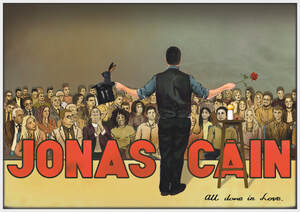|
“I don’t think your friends like me.”
“What makes you think that?” I responded, surprised by what my girlfriend was saying. “They didn’t even say anything to you.” “Exactly. They wouldn’t even look at me.” We had just run into some of my friends and, after speaking with them briefly, I was shocked by her experience of what I had thought was a pleasant interaction. She was right, though; they didn’t even acknowledge her, and there was no defending it. I know they meant no ill-will, but regardless of the intent, the impact that landed was disrespect. This conversation happened two decades ago, and yet it still impacts me and influences how I interact with others. It’s often said that respect must be earned, not given. This can lead us to offer respect to people because of things like who they know, what they know, what they can do, what they have, and how they’ve lived their life—all of which can be positive reasons to offer respect to another person. Yet there can be other reasons for showing respect to others, reasons that can be freely offered regardless of their perceived authority. This kind of respect is extended as a courtesy towards others simply for being human, and it can be as simple as looking someone in the eye, offering a friendly smile, and saying “hello.” Reflection Who do you respect? And how do you demonstrate it? When the muggers shoved me against the side of the van in Pittsburgh and demanded I give them my wallet, my only thought was how to get out of the situation as fast as possible without getting hurt.
This was my first visit to the Steel City, and it wasn’t exactly starting off on a positive note. We had just finished unloading the band’s equipment into the club and I went back to the tour van to grab one final suitcase before setting up for my magic performance. This was also my first time touring as an opening act, and while it was an amazing opportunity, it also introduced me to the sometimes-cruel realities of the world. When the muggers approached, I was all alone—an easy target. I felt defenseless. Scared. Violated. Disappointed. Disappointed, because just earlier that day we visited a record store and I nearly bought the album Horse With No Name, but in an effort to be frugal I decided not to. Instead, I just got The Button-Down Mind of Bob Newhart. With the wallet being stolen, however, frugality didn’t really matter. In hindsight, it would have been better to tie up the money in vinyl rather than paper. Considering the circumstances, it was rather disappointing. But mostly, I was scared. It’s been said that the same things that make us laugh can also make us cry, and though some may criticize laughter as nothing more than a defense mechanism that deflects problems instead of actually dealing with them, I contend that laughter can be a worthy tool to enrich the good times and help make the bad times a little more bearable. So in the days following the mugging, I took some time to process what had happened and soon found a way to laugh about it. I mused: “The Steel city should really be called the ‘Steal’ City.” (Maybe not the most brilliant joke, but it did provide worthy medicine to relieve the sting of the situation.) The difference between a positive mindset and a negative mindset is that a negative mindset looks for problems and focuses on what’s wrong without caring to do anything about it, while a positive mindset takes stock of the available opportunities, resources, skills, and knowledge and then uses these tools to grow forward. (And the difference between real positivity and toxic positivity is that toxic positivity simply shoves problems into a closet and puts on a smile without actually doing the work to grow from it. In other words, it’s not enough to laugh in face of adversity without also doing something to back it up.) We may not be able to control what happens to us, but what we can control is our experience of what happens. A positive mindset empowers us with an internal locus of control, encouraging us to approach challenges with fascination, curiosity, and wonder. This imaginative attitude may be in stark contrast to those with a realistic “button-down” approach—those who might otherwise prefer to be right rather than to be happy—but just as the horse with no name was let go to run free, so too did I let the nameless muggers go, putting down the poison of resentment to starve the victim mentality that might otherwise keep me entrapped in a loop of negative rumination. Reflection When things don’t go as planned, do you tend to approach it with a positive mindset or a negative mindset? How might choosing fascination over frustration help to improve your experience of such disappointments? There may be nothing romantic about a dead mouse, but the day I came home and discovered one on my doorstep, my heart welled with love.
Mr. Scoots is an orange cat who lives in the barn behind my apartment building. He got his name because whenever anyone comes near him, he scoots away. Hence the name Mr. Scoots. One day this past winter I met Mr. Scoots in the parking lot and instead of scooting away as usual he simply looked up at me and meowed the meekest meows I’d ever heard. It was adorable! And a big deal, because Scoots never meows and certainly never doesn’t scoot. It was the first major snowfall of the season and one of the coldest days yet. Considering the circumstances, his out-of-character behavior could mean only one thing. Mr. Scoots was asking me for help. Since that day I’ve kept a close eye on him to make sure he has food and water every day. I also invite him to come inside out of the cold, but he always politely declines the invitation. He is Mr. Scoots, afterall. Yet despite the coyness, I can tell he appreciates the help I offer. The way he meows excitedly when I come home, rolls around on the ground showing me his belly, and looks at me with those precious eyes.Oh my goodness those precious eyes! But most of all, I know he appreciates my kindness because cats have a funny way of expressing appreciation. As a gesture of their gratitude, they are apt to present their favorite people with a dead mouse. So the day I discovered a dead mouse on my doorstep I knew it could mean only one thing. Mr. Scoots truly appreciates my kindness. Gratitude is a valuable gift that can transform the experiences of everyone involved. It signals to the other person that you acknowledge their kind gesture, making them feel appreciated and valued, and it also signals to yourself that what you have received is a valued gift. Sure, even if Mr. Scoots never demonstrated his cat-like gratitude, I’d likely still watch out for him, but how often have we forgotten to recognize the kindness of others, discouraging them from continuing such positive behavior by ignoring the generosity of others and instead biting the proverbial hands that feed us? Without gratitude, we risk falling into a scarcity mindset that can never satisfy; and yet, with an attitude of gratitude, it can turn what we have already received into more than enough. Reflection How do you express gratitude for the kindness of others? When my wife sat me down and told me we needed to talk, I knew something was wrong.
I could see it in her face. Despair had never taken over her eyes like that, in all the years I’d known her. All I wanted to do was comfort her and make whatever it was troubling her go away. When she told me what had happened, it was from this place of compassion that I responded the way I did. I simply blurted out the first words that came to my mind to relieve her suffering. “I forgive you.” To this day, I don’t know if she believed me. Sara had just admitted to having an affair with one of her colleagues, and I could see the torment her unfaithfulness was inflicting upon her. Perhaps it was because she was not yet ready to forgive herself that she could not believe what she heard from my heart, yet despite the seriousness of her transgression, my words were sincere. I was fully prepared to forgive her misstep because of all the times I too had needed forgiveness, because I knew what it meant to be sorry, and because I knew how it felt to want nothing more than to go back in time and make different choices. It was from this place of compassion that I forgave Sara for her wandering heart, to not make her feel any worse than she already felt. To be clear, forgiveness does not excuse such actions, for just as we should not abandon our own promises lightly, we should likewise be leery of lightly accepting the unmet promises of others. But what forgiveness does do is acknowledge the transgression while also offering an opportunity to work together to pick up the pieces and begin the process of returning to right relations, even if it means things won’t necessarily be the same again. What’s more, this forgiveness was not solely for her benefit, for it was just as much a gift for myself. A wild fire of anger and resentment can do far more hurt to the one on fire than to the one the anger is directed towards. Forgiveness is a medicine for the poison of anger, an opportunity to dampen the fires, calm the heart, and begin the process of healing the hurt we feel. It can sometimes feel impossible to offer forgiveness, when an especially egregious act has been committed against us, yet the reciprocal gift of forgiveness is the only way to sincerely move forward with clarity, confidence, and courage. Reflection What transgressions might you be holding onto? How might you put down the poison and offer the reciprocal gift of forgiveness? With heart on fire and eyes holding back a well of tears, my six-year-old self approached my mother.
I had just broken a glass jug and knew I had to own up to it, but really didn’t want to. What I wanted to do was run away and hide, or find a way to go back in time and make it not happen. But even as a naive child, I knew that’s not how life works. The only way to get past it was through it. To my surprise, once the words were out of my mouth I quickly realized it wasn’t as bad as I thought it would be. Instead, it felt good to own up to it and have nothing more to hide from. To her credit, my mother also handled the situation with grace, accepting the situation for what it was without making me feel any worse than I already felt. In comparison to nearly every other misstep I’ve made since that day, this was a seemingly insignificant and inconsequential event, yet it continues to have an impact on how I approach reconciling missteps. The lessons learned from this single event include the importance of accepting a situation for what it is, putting it into perspective, taking responsibility right away, and moving forward from a new place of understanding so it doesn't happen again. Despite these lessons, it’s important to remember that being sorry doesn't put the pieces of a broken glass jug back together. The glass is still broken and no amount of glue will return the jug to its original state. But what it does do is signal to those you care about that you value them, are able to take responsibility, and are willing to do what needs to be done to atone and prevent the same situation from happening again moving forward. It’s impossible to go through life without making mistakes; it’s simply a part of being human. What matters most is whether we’re willing to do our best to pick up the pieces and try again moving forward with an honest heart. Reflection What missteps have you made and how has atoning for them impacted your choices and relationships moving forward? I started writing The Positivity Papers in January 2018 as a vehicle to communicate principles and practices for experiencing more joy in life in a way that's accurate, accessible, and actionable.
Think of it as a series of apologetics outlining the value of positivity that's one part literature review, one part commentary, and whole part empowering. The most recent edition of The Positivity Papers was written for inclusion in Volume Two of the print edition of this series, and you don't even have to wait for the book to arrive. You can check it out right now here. I personally feel that this is one of the most important pieces that I've written, but that may just be my own bias due to my personal experiences. Letting go of expectations, letting go of what we once had, letting go of an old dream or talent or purpose or way of life that is no longer serving us is a something that took me twelve years to master, and it's still a work in progress that I'm continually honing every day. Today Facebook sent me a notification of a status updated that I wrote ten years ago today. It read: "No one ever said that life would be fair, only that it would suck." There were those who tried to talk sense into me at the time, that it would all be worth it in the end, but I wanted to hear none of it because at that time my reality was so locked into the old narrative what life should have been, what I had but no longer had, and of what I so desperately wanted to get back. The truth is, sometimes life does suck. Part of positive thinking requires taking an honest look at the situation, and sometimes the feedback says that life isn't going very well right now. The trick is not to ignore this truth, but it is also not to let the "suckyness" of the situation overwhelm us. Some parts of life do suck. But many parts don't. What can we learn about what's going right, and how can we apply it to what's wrong to balance the scales? In a similar way, what can we learn about what's wrong to be better prepared for the future? And what can we do starting right now to make for a better tomorrow? I hope you choose to invest 5 minutes to read this piece, and then I hope you choose to let me know what you think. Stay Positive, my Friend! — Jonas #POSITIVITY This month will be four years since my father told me he has cancer. He had waited until he knew his game plan before telling me and my brothers. The extensive chemotherapy was going to be a battle, but it was his best bet to keep on living. After only less than two months into treatments, I wasn’t concerned when I got a call that he was unconscious at the hospital. That’s to be expected when you’re battling for your life! He was still months away from finishing treatments so I saw no need to rush to the hospital. It was a Wednesday when I got the call, and I had a handful of students in my magic class that I was teaching, so I waited until after class to head over to the hospital in Northampton. It wasn’t until the elevator doors opened on his floor that I was suddenly hit with the reality of what I was walking into. There was just something in the quality of the air that told me. I was walking into a room to watch my father die.
The machines were breathing for him. He looked like a bionic man. Half man, half machine. It was pretty badass. Everyone was there. Just like in the movies. We all took our turns alone with him saying our Peace, saying goodbye. I told him that I forgave him. What did I forgive him for? I don’t even know, but it felt like the something that needed to be said. He was a good father. I am who I am today because of him. He’d spend entire afternoons with me at the at the local magic shop. My new friends were his new friends. What more could a kid ask for? Then when everyone had said goodbye the machine told us he was gone. Perfect timing. Magic timing. It was surreal to see the machine still breathing for him even though he was gone. We later learned that complications with the extensive chemotherapy were simply too much for his body to handle. And that if he had simply done nothing he probably would have been able to live for many more months. Perhaps he’s even still be alive today? There’s extensive research and tests being done today that’s starting to show positive signs that chemotherapy is no longer the standard treatment for cancer patients. This new treatment is called immunotherapy and it uses a patients own immune system to attack and kill malignant cells. Though there’s still much work to be done, the amazing news is that it’s been working. I can’t help but wonder what this kind of treatment might have been able to do for my father. There were still so many things we needed to do. So much more to say. So much more to live. I recently heard about an amazing group called Climb for Hope. This group is a nonprofit that raises money to continue the important immunotherapy research so that perhaps one day no one has to lose a loved one to violent treatments ending in a painful and agonizing death. The way it works is they assemble a team of hikers, get sponsors, then they go climb a mountain together. What I like about this is that my father was such an outdoorsman. In his younger years he literally lived for a time as a hermit in the woods. He would love that I joined the 2018 team that’s set to leave for a 50 mile rim to rim to rim hike of the Grand Canyon on May 16. It’s been four years since I lost my dad, and by going on this adventure I feel closer to him than I have in years. Every team member with Climb for Hope is expected to raise $2800 for immunotherapy research. I’m ashamed to say that as of this writing you’ll find on my donation page that so far I’ve raised 0% of that amount. I don’t blame this on the unwillingness of others to donate to perhaps one of the most worthy causes of our time, but rather simply to my lack of salesmanship. I haven’t been able to adequately sell people on the idea that this is such an important cause. But really, there’s no selling involved at all. Just look at the research for yourself. Then look at the lives touched by cancer. A donation in any amount to my Climb for Hope page will be greatly appreciated, not just by me, but also by people that probably none of us will ever meet. But the people we help will be people just like us. People longing to spend just one more day with the ones they love the most. Please donate now while it’s fresh in your mind. All it takes is just a few clicks and your done. Thank you! |
AuthorI'm a mirror (and so are you). Topics
All
Archives
February 2022
|


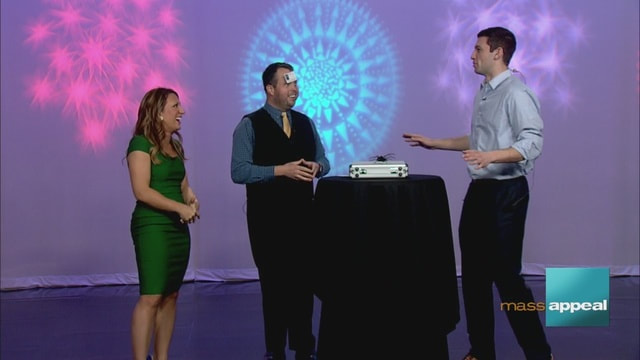
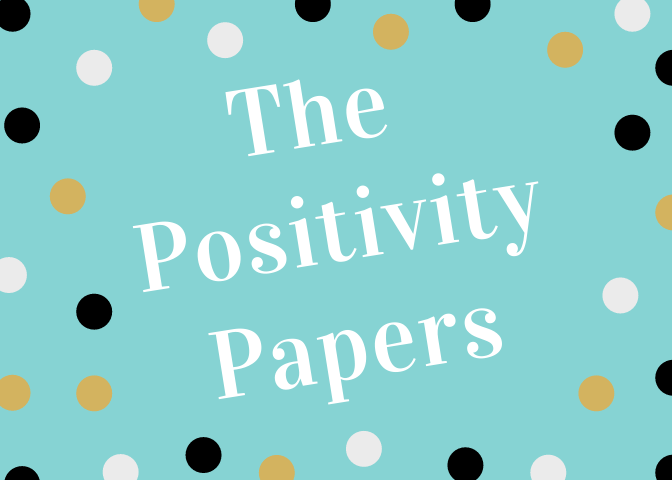
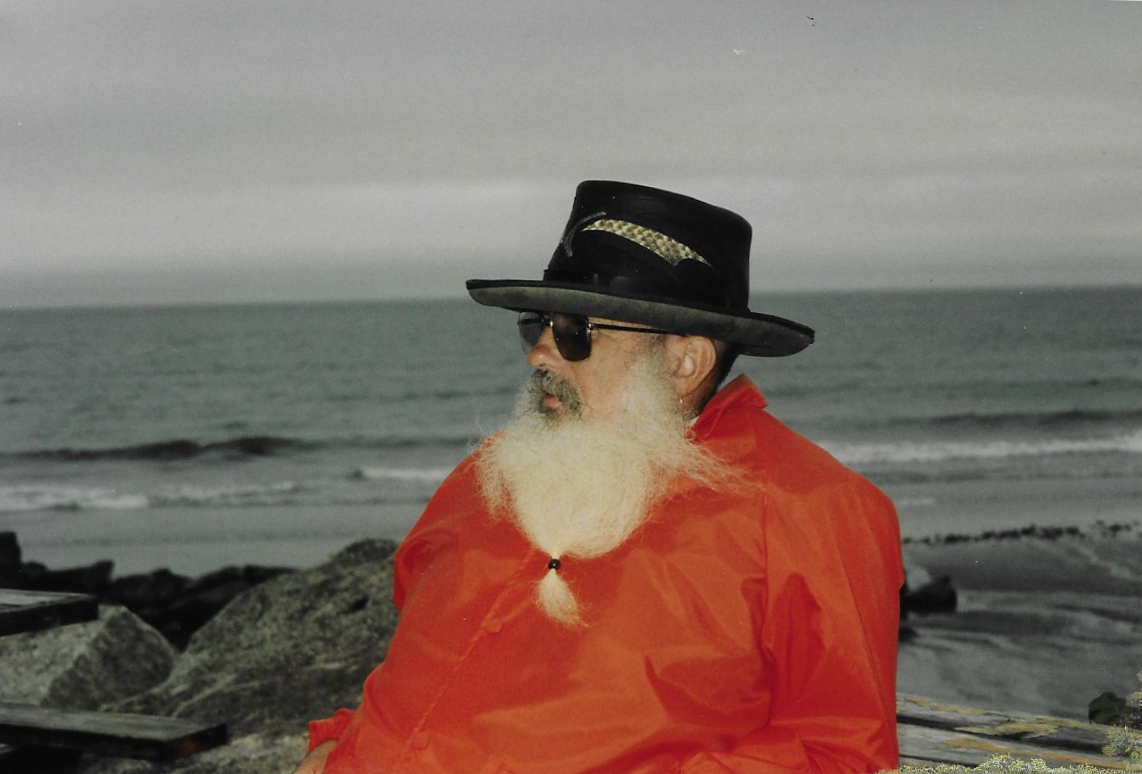




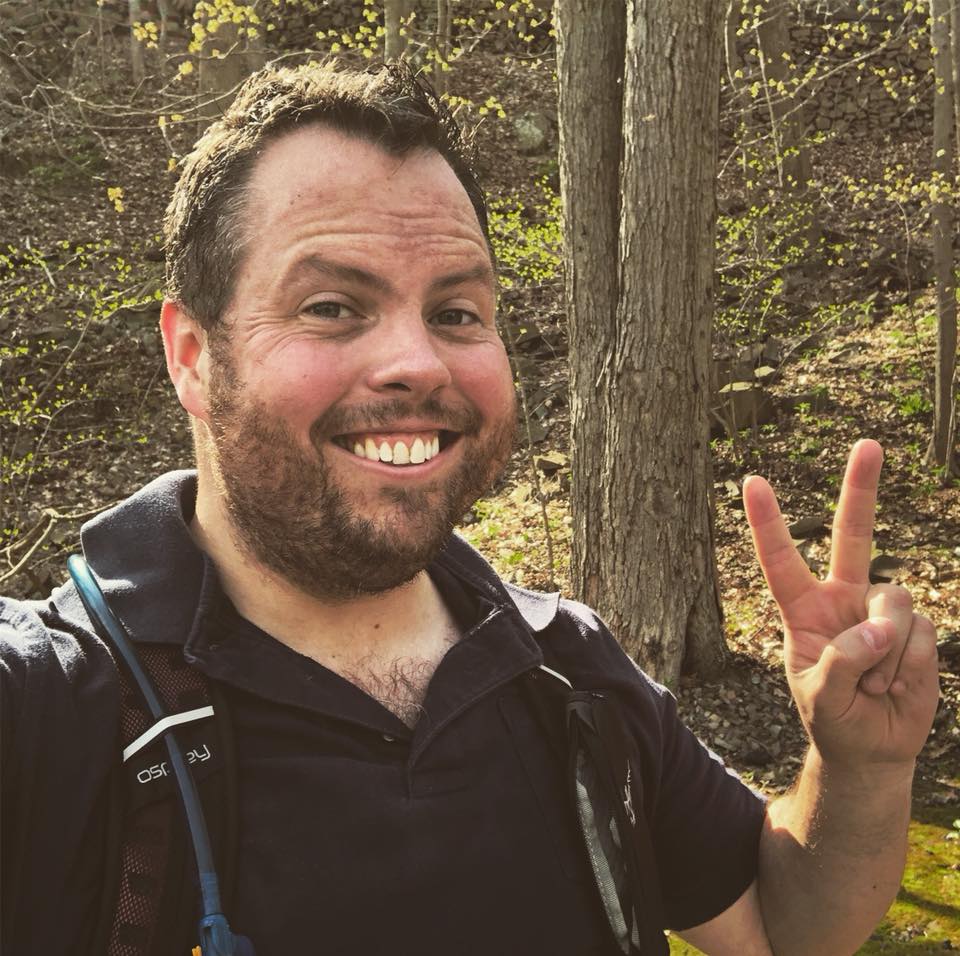
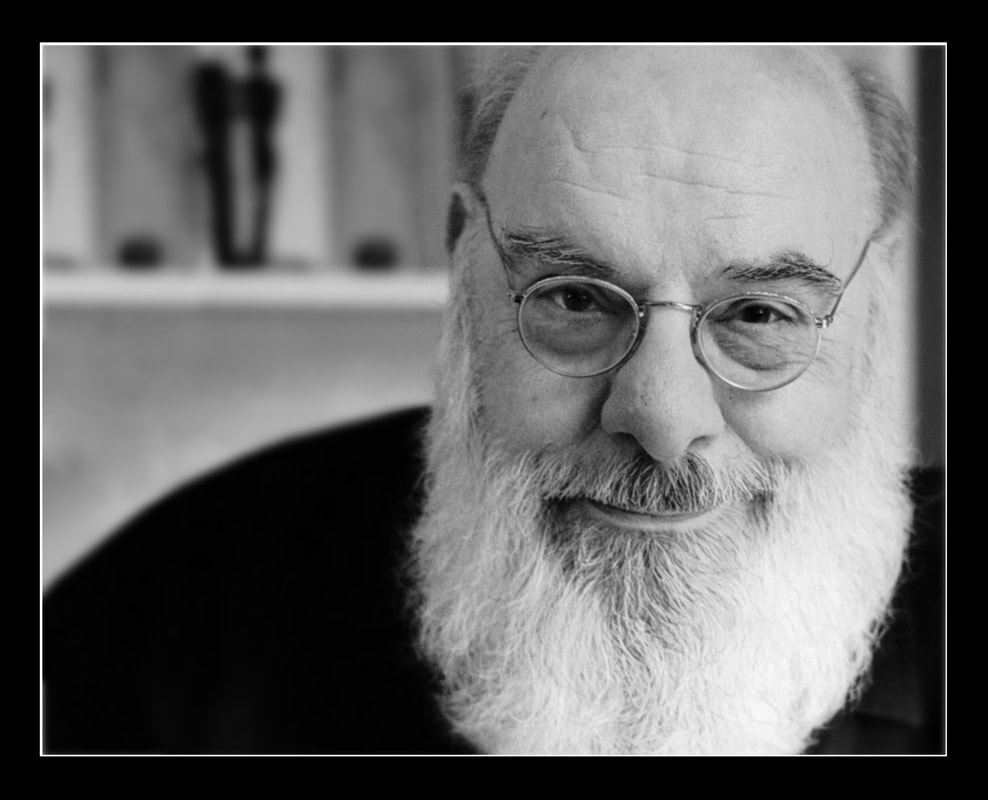
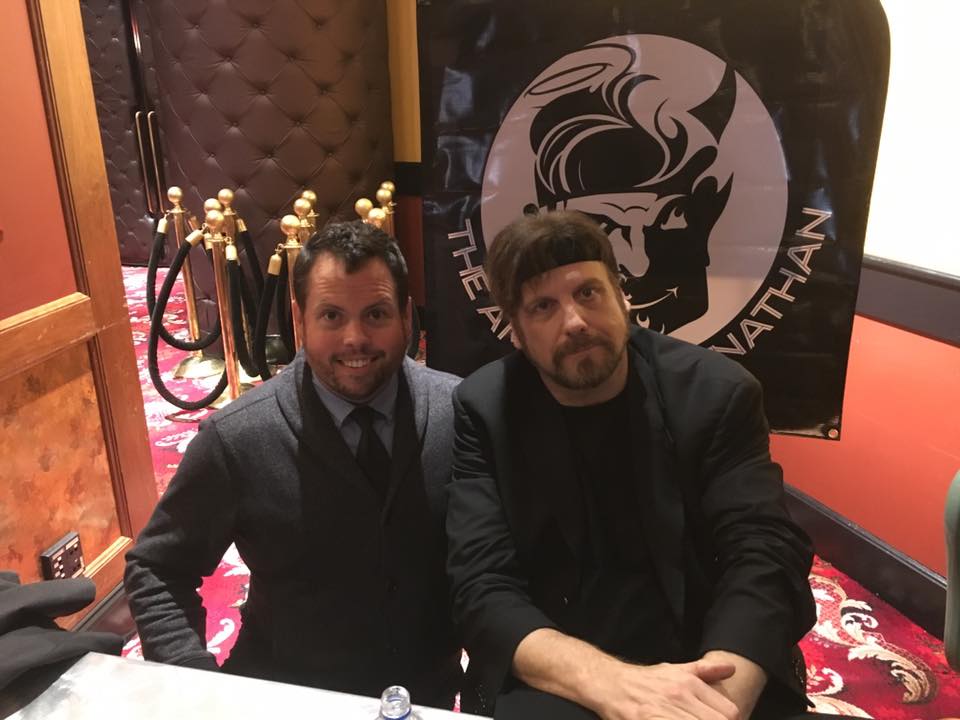
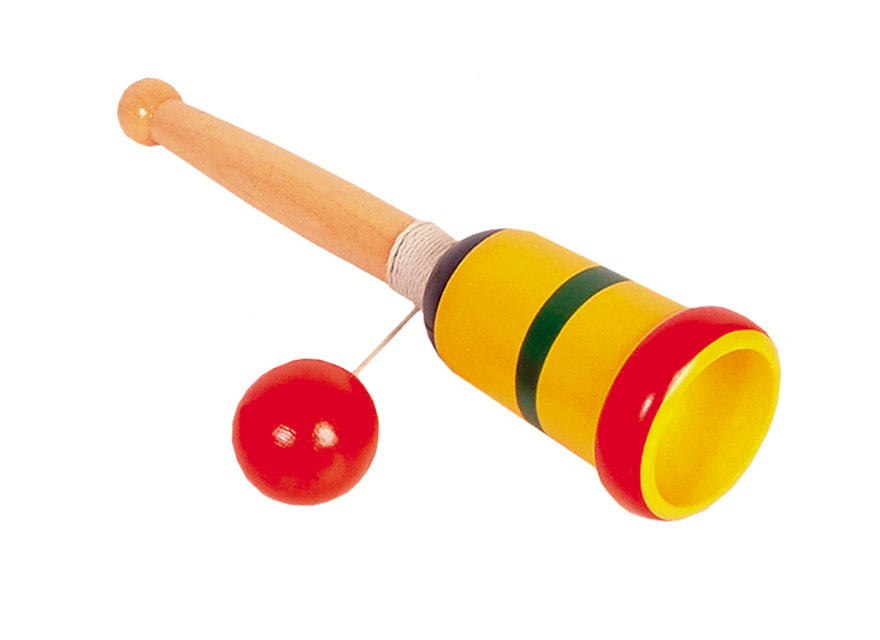

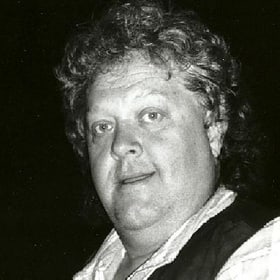
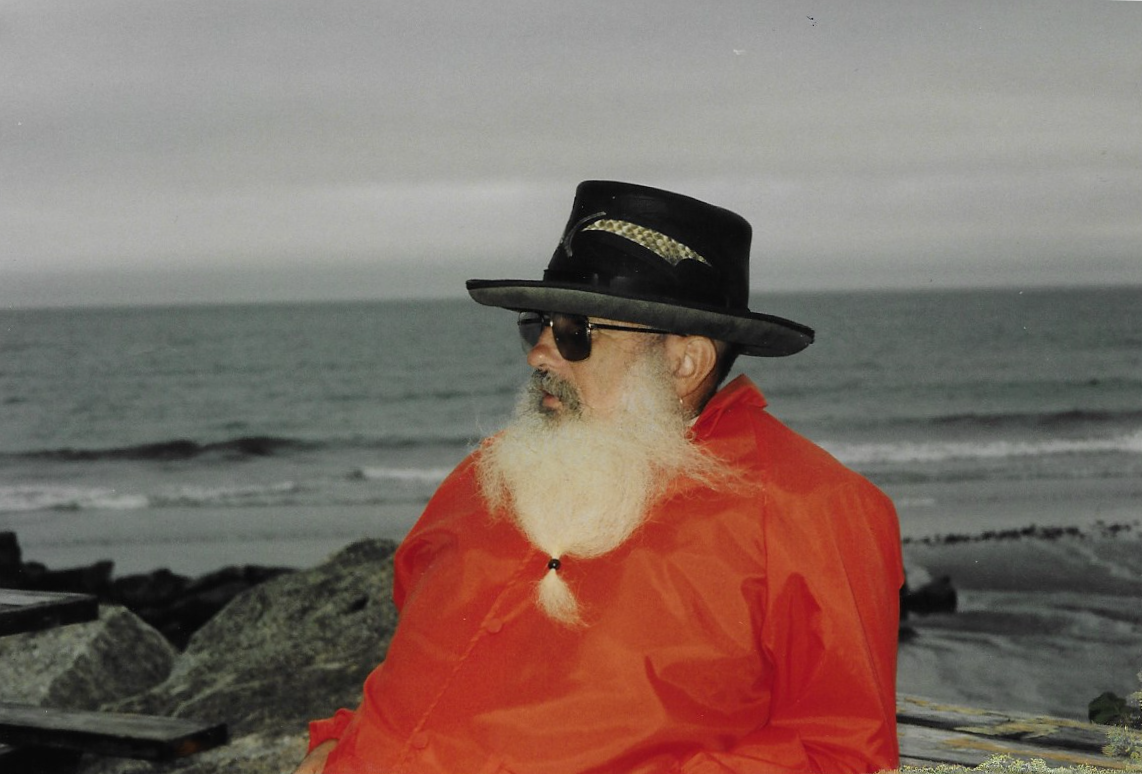

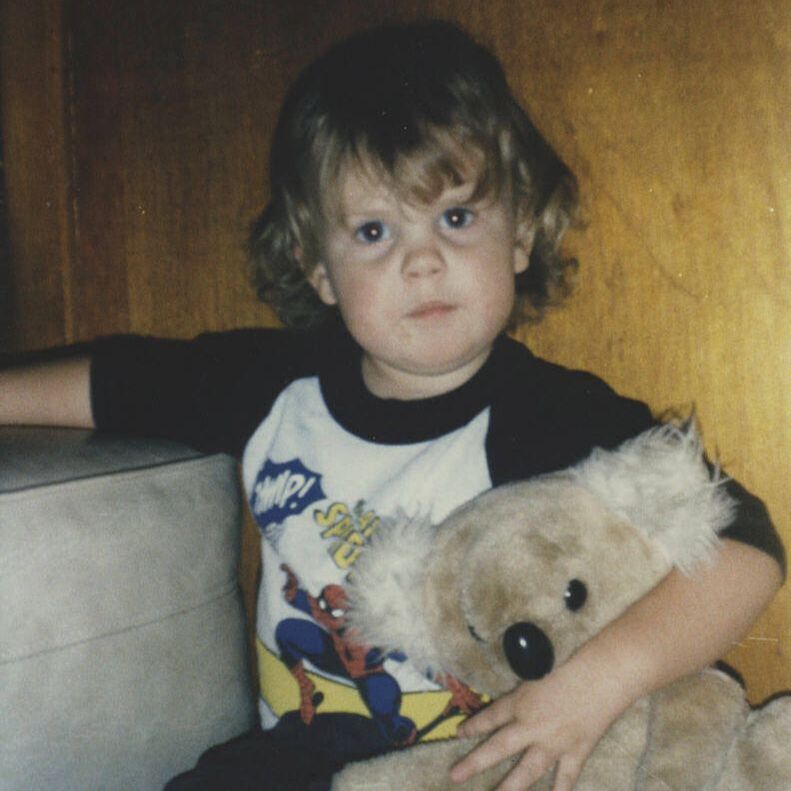
 RSS Feed
RSS Feed
